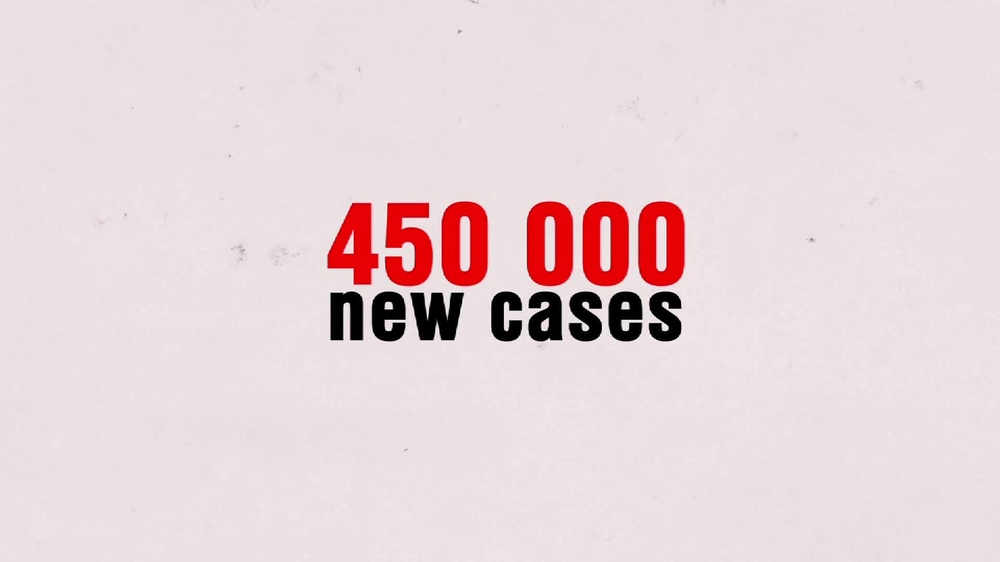Ignored for the past fifty years, the needs of patients suffering from tuberculosis are finally being addressed... especially for patients with a multi-drug resistant form of the disease, who can now hope to have access to effective treatments within the next few years.
So why are these new treatments needed so badly? Multi-drug resistant tuberculosis is a real killer, and a major public health issue. Tuberculosis, or TB, is an infectious disease that is treated with antibiotics. But some bacteria have found ways to resist or fight off the drug due to incorrectly administered treatment. When the two main antibiotics stop being effective against the disease, it is labelled multi-drug resistant tuberculosis, or MDR-TB.
These are the 27 worst affected countries:
Armenia, Azerbaijan, Bangladesh, Belorussia, Bulgaria, Chine, DRC, Ethiopia, Estonia, India, Indonesia, Kazakhstan, Kyrgyzstan, Latvia, Lithuania, Moldavia, Myanmar, Nigeria, Pakistan, Philippines, Russia, South Africa, Tajikistan, Tanzania, Ukraine, Uzbekistan, Vietnam.
Because it exhausts all available treatment options, MDR-TB is very hard to treat.
Treatment lasts two years and patients take up to 14,600 pills... and have hundreds of injections. Treatment is successful in only 50% of cases, and causes severe side effects.
Each year, there are an estimated 450,000 new cases of MDR-TB. And until now, these patients have been ignored by pharmaceutical research. In 2012 - 2013 there was a major development: the registration and clinical trials of two new drugs: bedaquiline and delamanid. But two years on, fewer than 3% of patients have access to one or other of these drugs, despite their proven effectiveness.
Why? Because the use of these drugs, still in the development phase, remains a long and complex process.
We still lack scientific information: how can the different drugs be combined to deliver effective treatment without causing serious side effects?This situation is set to change, thanks to a project bringing together MSF and two partners, and funded by Unitaid. In 4 years time, in 16 countries, 2,600 patients with MDR-TB will have access to treatment that will include the new drugs. And clinical trials will determine which combination of drugs will deliver the best treatment. By speeding up research, this project may provide hundreds of thousands of people access to effective treatment—the best way to stop the spread of the disease.



